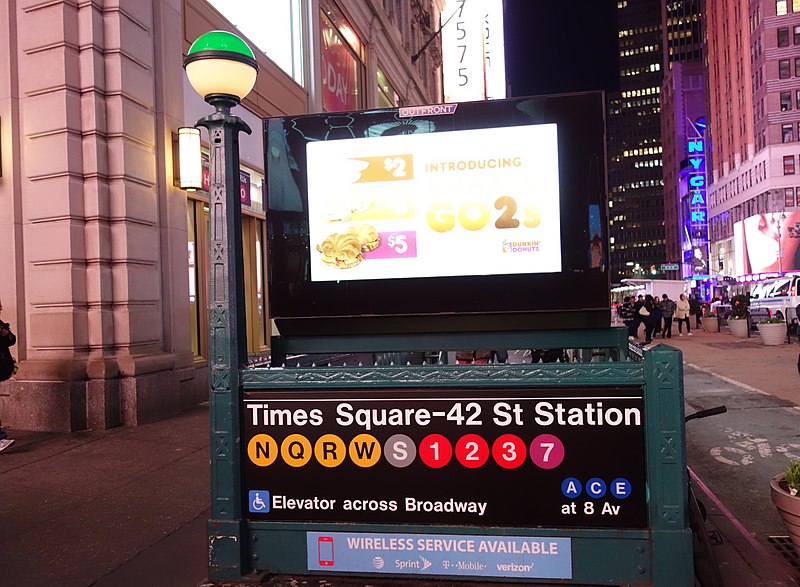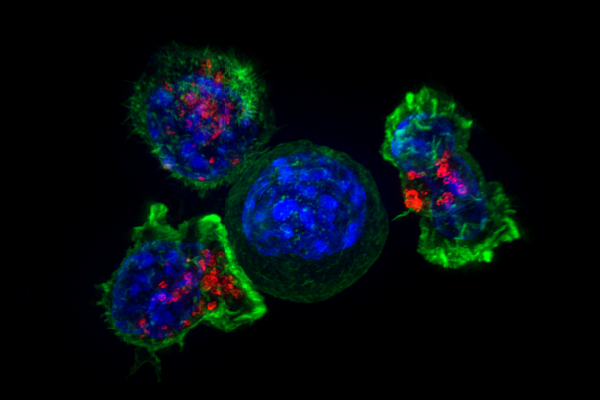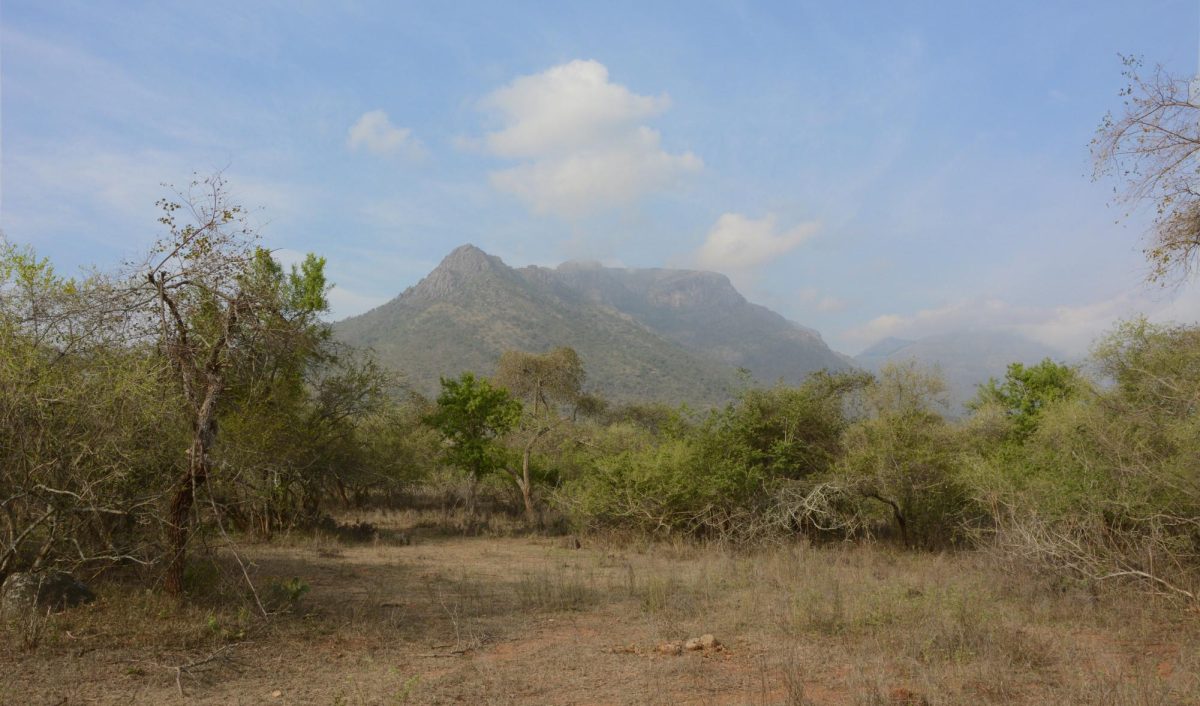A 127-year-old water main broke at the 42nd Street Times Square stations on Aug. 29, leading to more than 1.8 million gallons of water flooding into the subway system and commute disruptions for 300,000 people.
The 20-inch pipe burst under 40th Street and Seventh Avenue at 3 a.m. and flooded stairwells and ventilation grates.
Nearly 7,000 miles of water mains intersect under the city’s streets. The pouring water soaked subway track trenches, though street flooding was limited to a few inches deep.
“Aging infrastructure is not always bad, they built stuff to last 100 some odd years ago and it did its job for 125 years, that’s pretty good,” New York City Department of Environmental Protection Commissioner Rohit Aggarwala said.
It took the department’s crews nearly an hour to locate the leak’s source and shut off the water, according to Aggarwala. The crew used heavy machinery to dig a large muddy hole in an intersection to retrieve the broken section of the pipe.
A significant amount of Manhattan was met with suspended subway service on the 1, 2 and 3 lines, which break early morning of Aug. 29.
The trains continued running by midday, although still had delays. The 4 and 5 lines were also disrupted. Nearby streets remained open during peak commute hours.
Breaks occur almost daily throughout the city’s 6,800 miles of water mains.
Mayor Eric Adams’ 2023 Preliminary Management Report found that water main replacement was down by 71% for the first four months of the fiscal year.
In 2022, 402 water main breaks occurred. The city said this statistic was the second-lowest number on record and above average for a U.S. city when taking the system’s size into account.
Over the last three years, the city has spent $1.9 billion to update aging water and sewer lines.
The report also stated New York City’s Department of Design and Construction was prioritizing developing environmentally friendly infrastructure and pedestrian ramps.
A city spokesperson said these numbers accounted for only a portion of the fiscal period and added that other contractors are also responsible for sewer lines.
The American Society of Civil Engineers’ 2022 Report Card for New York’s Infrastructure reported that nearly 40% of the city’s pipes were placed before 1941, when the recommended pipe lifespan is 50 to 70 years.
According to the ASME report, it would take the city at least 100 years to replace the old pipes at the current pace.
“The good news, if there is good news, is that it’s the week before Labor Day,” said NYC Transit President Richard Davey.
“Typically this is a lower ridership week for us, so we should have been able to handle the capacity,” Davey continued. “I heard of no crowding issues, per se, on other lines, but if this were two weeks from now, when a Tuesday after Labor Day we certainly would have been more challenged.”
The cause of the break is unknown. A NYC DEP spokeswoman said crews were investigating what could have led to the water main burst.









